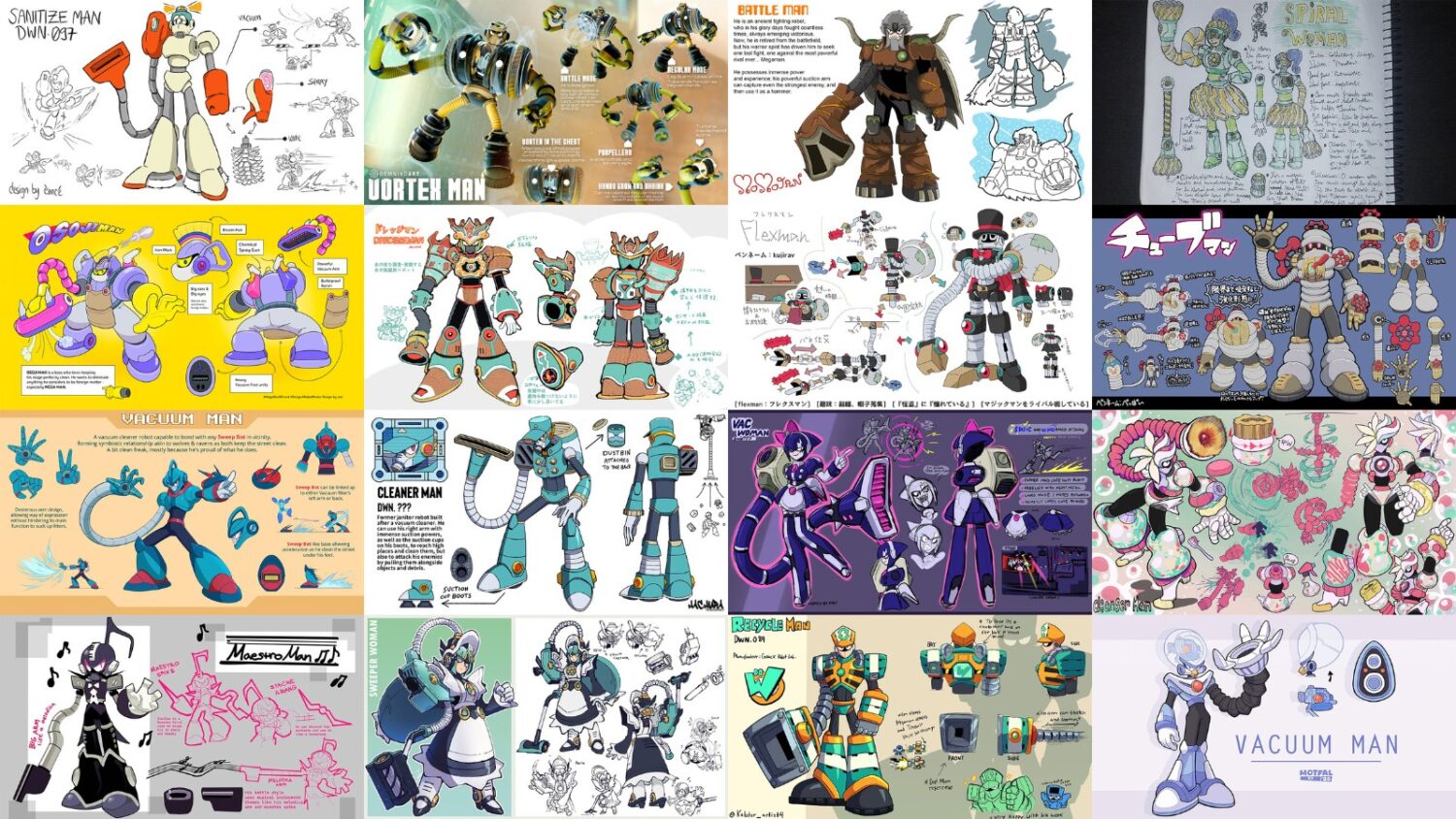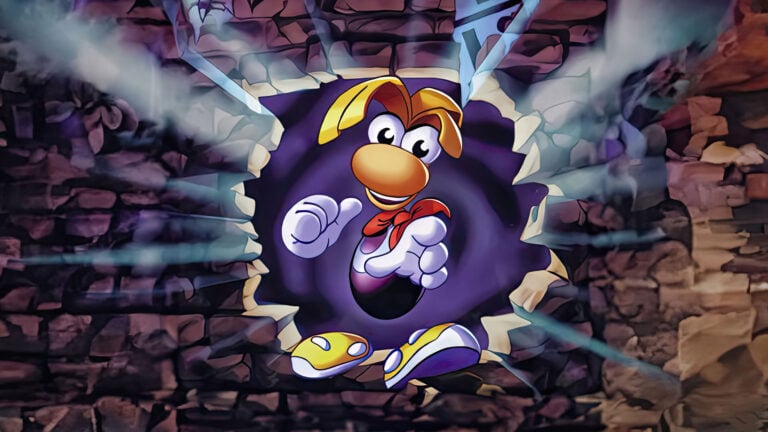A.I Co., Ltd., the distinguished Japanese developer recognized for its instrumental role in creating several Nintendo-based entries in Banpresto’s Super Robot Wars series, has officially filed for bankruptcy, marking the end of its nearly 35-year legacy in the gaming industry.
Founded in July 1990 in Machida, Tokyo, A.I Co., Ltd.
(pronounced "Ei-Ai"), carved its reputation with a diverse portfolio of games.
Early on, the studio garnered attention for important titles such as Bonk 3: Bonk's Big Adventure, Bomberman GB 3, and Full Metal Panic! Fight: Who Dares Wins.
However, A.I’s most enduring contribution to video game history lies in its long-running collaboration with Banpresto on the Super Robot Wars (known in Japan as Super Robot Taisen) franchise—a tactical role-playing series that has captivated Nintendo fans since the 1990s. Over the decades, A.I worked on a variety of Super Robot Wars installments across multiple Nintendo hardware platforms.
Notable titles developed by the company include Super Robot Wars 64, Super Robot Wars A, R, D, J, GC, XO, W, K, L, UX, and BX.
These games helped define the series’ appeal, blending mechanical strategy with beloved mecha anime crossovers.
Through its expertise, A.I became a valued partner in expanding the Super Robot Wars universe on not just home consoles like the Game Boy Advance, Nintendo DS, and GameCube, but also on Nintendo’s eShop and, more recently, as part of retro collections for younger audiences. According to a March 2024 report, A.I Co., Ltd.
began bankruptcy proceedings at the Tachikawa branch of the Tokyo District Court on March 10th.
The filing signals the end of a storied chapter for one of Japan’s most storied mid-sized game development studios.
Sources, including Anime News Network, underscore that A.I’s closure leaves a notable gap in the ranks of specialized developers who have crafted core experiences for the Nintendo platform and its extensive player community. In summing up A.I Co., Ltd.’s nearly 35-year journey, industry analysts point to the studio’s technical achievements, adaptability, and consistent delivery of high-quality, franchise-based content.
Its collaborative approach not only supported Banpresto and the Super Robot Wars series but also contributed to the enduring popularity of tactical RPGs on Nintendo systems.
As the industry evolves, A.I’s contributions will remain a key touchstone for fans of both classic and contemporary Japanese game development.
(pronounced "Ei-Ai"), carved its reputation with a diverse portfolio of games.
Early on, the studio garnered attention for important titles such as Bonk 3: Bonk's Big Adventure, Bomberman GB 3, and Full Metal Panic! Fight: Who Dares Wins.
However, A.I’s most enduring contribution to video game history lies in its long-running collaboration with Banpresto on the Super Robot Wars (known in Japan as Super Robot Taisen) franchise—a tactical role-playing series that has captivated Nintendo fans since the 1990s. Over the decades, A.I worked on a variety of Super Robot Wars installments across multiple Nintendo hardware platforms.
Notable titles developed by the company include Super Robot Wars 64, Super Robot Wars A, R, D, J, GC, XO, W, K, L, UX, and BX.
These games helped define the series’ appeal, blending mechanical strategy with beloved mecha anime crossovers.
Through its expertise, A.I became a valued partner in expanding the Super Robot Wars universe on not just home consoles like the Game Boy Advance, Nintendo DS, and GameCube, but also on Nintendo’s eShop and, more recently, as part of retro collections for younger audiences. According to a March 2024 report, A.I Co., Ltd.
began bankruptcy proceedings at the Tachikawa branch of the Tokyo District Court on March 10th.
The filing signals the end of a storied chapter for one of Japan’s most storied mid-sized game development studios.
Sources, including Anime News Network, underscore that A.I’s closure leaves a notable gap in the ranks of specialized developers who have crafted core experiences for the Nintendo platform and its extensive player community. In summing up A.I Co., Ltd.’s nearly 35-year journey, industry analysts point to the studio’s technical achievements, adaptability, and consistent delivery of high-quality, franchise-based content.
Its collaborative approach not only supported Banpresto and the Super Robot Wars series but also contributed to the enduring popularity of tactical RPGs on Nintendo systems.
As the industry evolves, A.I’s contributions will remain a key touchstone for fans of both classic and contemporary Japanese game development.



